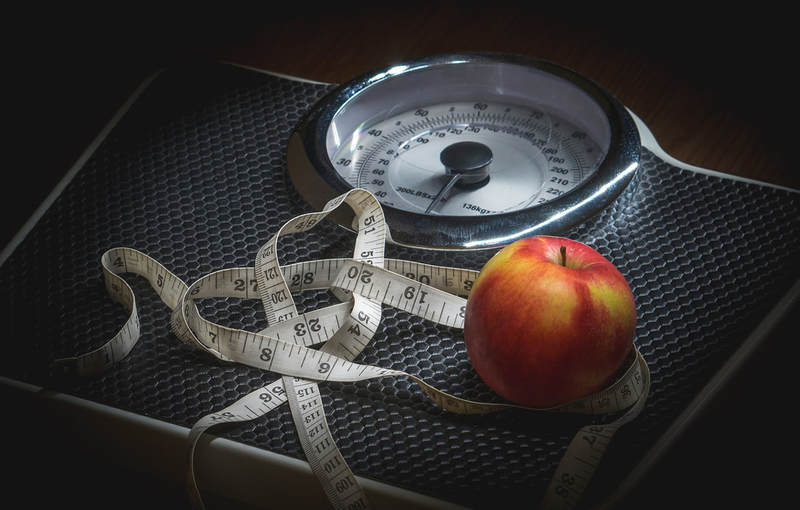How Much Sleep is Best?
Sleep is one of the most important needs of the human body. To stay healthy, good sleeping habits are a must. However, how much sleep should the average person be getting per day, and how exactly does the amount of sleep one gets affect the body? A research group decided to tackle these questions.
Researchers obtained the necessary information for the study from a national database called the UK Biobank. Data was retrieved on 479,420 people from the UK aged 38 to 73 years old, which told the group many details about their sample population such as their sleep duration, their favorite time of day, whether or not they have insomnia, and much more. Additionally, the Biobank has volunteers participate in cognitive tasks as well. For the purposes of this study, the group chose to focus on the results of five tasks having to do with either memorization or processing speed. The results of the five tasks were analyzed and each person was given a score, which was called the “Executive Function”. Then the Executive Function scores were averaged based on how many hours of sleep each person claimed to have got. The results demonstrated a correlation between the amount of sleep and the average Executive Function score. The trend was clear: Executive Function peaked at seven hours of sleep and decreased as the amount of sleep either increased or decreased from seven hours. The researchers concluded that getting seven hours of sleep will give a person higher cognitive performance.
Researchers obtained the necessary information for the study from a national database called the UK Biobank. Data was retrieved on 479,420 people from the UK aged 38 to 73 years old, which told the group many details about their sample population such as their sleep duration, their favorite time of day, whether or not they have insomnia, and much more. Additionally, the Biobank has volunteers participate in cognitive tasks as well. For the purposes of this study, the group chose to focus on the results of five tasks having to do with either memorization or processing speed. The results of the five tasks were analyzed and each person was given a score, which was called the “Executive Function”. Then the Executive Function scores were averaged based on how many hours of sleep each person claimed to have got. The results demonstrated a correlation between the amount of sleep and the average Executive Function score. The trend was clear: Executive Function peaked at seven hours of sleep and decreased as the amount of sleep either increased or decreased from seven hours. The researchers concluded that getting seven hours of sleep will give a person higher cognitive performance.
Image Source: Pavel Danilyuk
Furthermore, this study also looked into the physical effects of sleep and the importance of an adequate amount of sleep. Once again, the researchers collected the data through the UK BioBank. A smaller sample of 37,553 people had magnetic resonance imaging (MRI) done, giving access to 3-dimensional images of the brain. A comparison of how much sleep each person reported getting and their brain images found that 46 out of 139 brain regions examined were significantly bigger in those that got six to eight hours of sleep. Those with less than six or more than eight hours of sleep per night had smaller brain regions. Many of those regions were part of the cerebellum, which functions include movement, motor learning, and mental thought.
This study shows that a lack of sleep is much more detrimental to the body than just feeling groggy when waking up early. It physically affects the brain, an essential organ for most actions. The results also depict why sleep is so important before exams as it improves cognitive skills. Sleep was also shown to aid with memorization, which is key to getting concepts ingrained in long-term memory. Lastly, too much sleep can also be just as harmful as too little and can lead to the hindering of certain tasks too. Thus, the authors argue that the healthiest lifestyle includes trying to get seven hours of sleep, which will set one up to be efficient and effective. Further research into the topic is still needed to verify and add more proof to what the researchers found, but figuring out what works for you is important!
This study shows that a lack of sleep is much more detrimental to the body than just feeling groggy when waking up early. It physically affects the brain, an essential organ for most actions. The results also depict why sleep is so important before exams as it improves cognitive skills. Sleep was also shown to aid with memorization, which is key to getting concepts ingrained in long-term memory. Lastly, too much sleep can also be just as harmful as too little and can lead to the hindering of certain tasks too. Thus, the authors argue that the healthiest lifestyle includes trying to get seven hours of sleep, which will set one up to be efficient and effective. Further research into the topic is still needed to verify and add more proof to what the researchers found, but figuring out what works for you is important!
Featured Image Source: Andrea Piacquadio
RELATED ARTICLES
|
Vertical Divider
|
Vertical Divider
|
Vertical Divider
|






